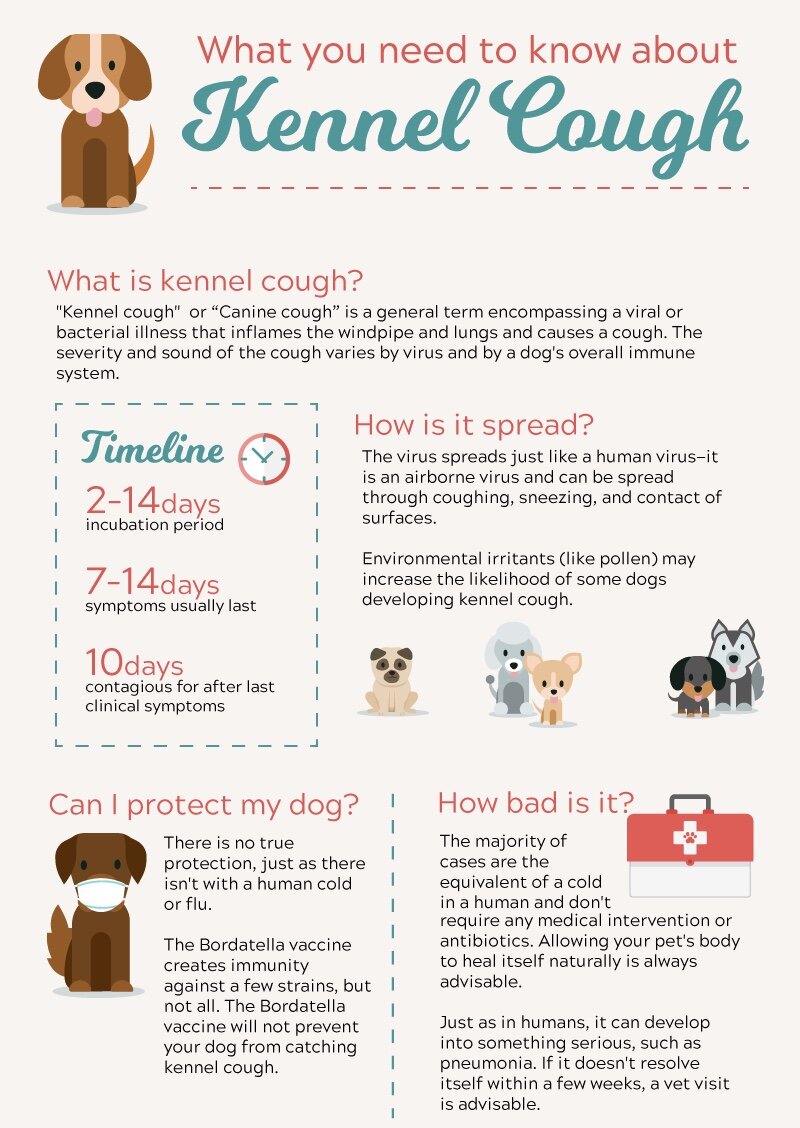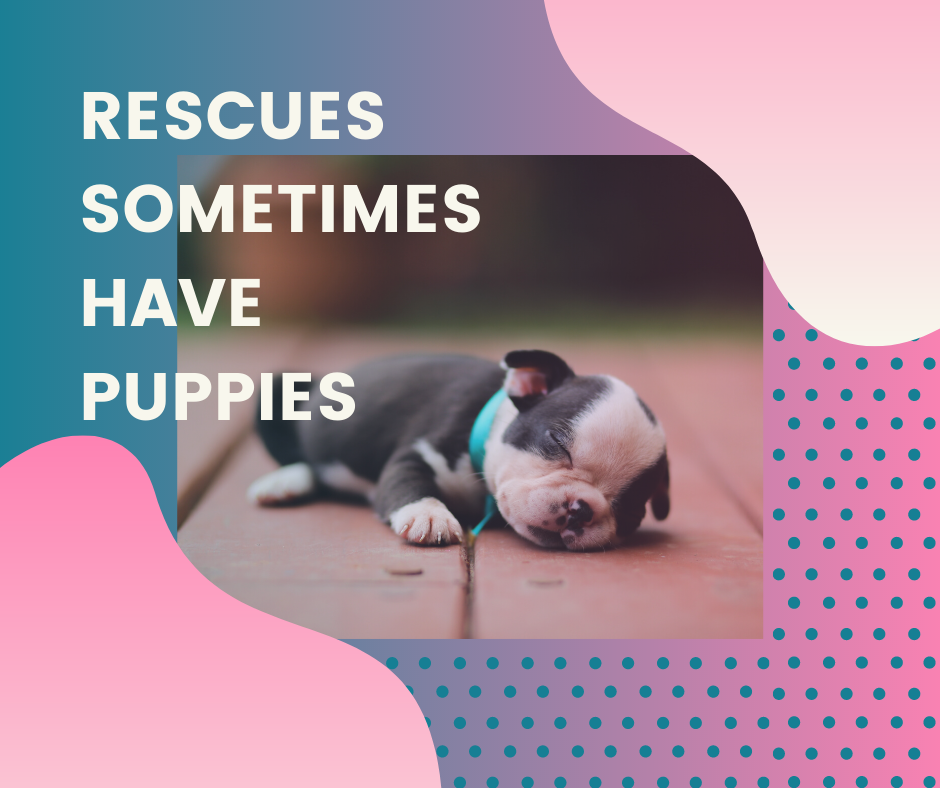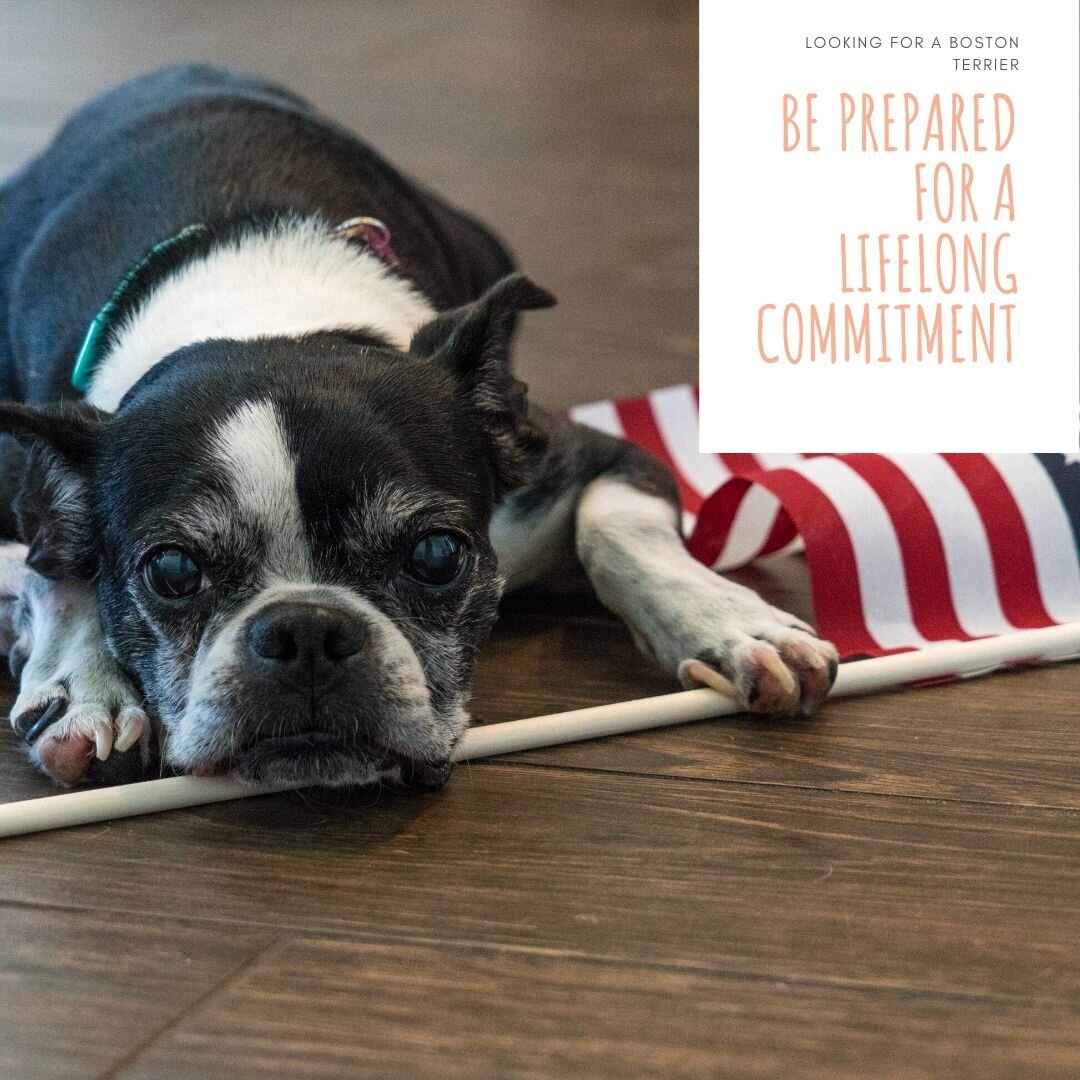So you got a new puppy. That’s so awesome, everyone loves puppies. They’re so cute and squishy, I mean what’s not to love about puppies? But did you know that it’s so important to socialize your puppy the right way during the right time? Well we’re here to explain all about the ever important role of puppy socialization.
What is the critical socialization period?
The critical socialization period is from 3 to 16 weeks of age in puppies. This is where puppies are most vulnerable and learn all about the big scary world. It is critical for puppies to experience things in a positive way during this time. Their minds are like little sponges and a fearful experience can haunt them for the rest of their lives and create a fearful reactive dog.
It’s okay I’ve raised dogs before, I know what I’m doing.
Ugh I can’t tell you how many times we’ve heard and seen this before. That’s great that you’ve raised dogs before but it definitely doesn’t make you an expert on dog behavior. Do you know what it means if your dog is yawning for no reason? Can you tell when a dog is stressed just by looking at their face? There are many subtle signs of stress that often go overlooked and end up hurting the dog as a result. Would you be comfortable with any other professional that said something similar? Maybe a doctor who said they played doctor when they were a kid so they know what they’re talking about? Of course not!
I watched some YouTube videos, I totally know what I’m doing.
Ummm yeah that’s right up there with I’ve raised dogs before. The reality is there are sooooo many bad dog trainers and people with bad advice on YouTube. It’s really hard to know what you’re looking at if you don’t know. It’s great for little training tips, but when it comes to helping your pup become the best version they can be we would definitely not suggest YouTube.
Okay so I’ll just sign my pup up for doggy daycare?
Yeah we’re not a big fan of those either. There are usually a lot of dogs and not enough staff per dog. Plus they won’t take dogs who aren’t totally up to date on their vaccinations and you definitely don’t want to put an unvaccinated dog into a situation like that. We’ve heard some horror stories about doggy daycare and personally would never use one for our pups.
So what can I do to ensure my pup is going to turn out okay?
There’s actually tons of stuff you can do. You can sign up for puppy preschool. Places like The Pet Republic have a puppy preschool for puppies 8-20 weeks old. You can sign up for private lessons with a trainer like Jenny Eifomva of Dogminded. We highly recommend professional force-free positive reinforcement training. We really feel like it is absolutely the best way to ensure your pups are getting the much needed socialization and proper training they need. Please note that not all trainers are created equal. If your trainer suggest a prong collar, an e-collar, or choke collar please find a new one. We’d be more than happy to help you out. A good trainer trains without pain.
What can I do at home to help my dog?
There are so many things you can do at home. While some veterinarians will tell you that you can’t take your dog out before they’ve been fully vaccinated we’re here to tell you that’s actually bad advice. By the time your pup is fully vaccinated the critical socialization period will be over. Now we’re not saying go out and take your dog to a dog park, we definitely would not advise that at all. But there are plenty of safe things you can do. You want to expose your dogs to novel sights and sounds all before 16 weeks while pairing them with some really yummy things like cheese or boiled chicken. You can go to Home Depot and hang out in the parking lot, you can get in the car and go to as many places as you can. Keep in mind that all experiences must be kept as positive as possible. Puppies should also be encouraged to explore using interactive enrichment toys and different surfaces and sounds.
Things to keep in mind…
During this critical time you want to make sure to keep all novel experiences as positive as possible. You want to bring lots of yummy treats with you. If your pup seems scared that’s okay, just move back to a place where they aren’t scared. Do not try to force your dog into any situations, that can create a negative impression on your puppy’s brains and can make your pup fearful for life. For more on puppy socialization see the American Veterinary Society of Animal Behavior’s position statement.













